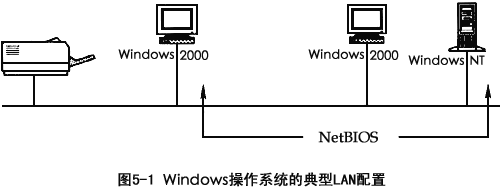Questions 1~5
Writing articles about films for The Front Page was my first proper job. Before then I had done bits of reviewing—novels for other newspapers, films for a magazine and anything I was asked to do for the radio. That was how I met Tom Seaton, the first arts editor of The Front Page, who had also written for radio and television. He hired me, but Tom was not primarily a journalist, or he would certainly have been more careful in choosing his staff.
At first, his idea was that a team of critics should take care of the art forms that didn’t require specialized knowledge: books, TV, theatre, film and radio. There would be a weekly lunch at which we would make our choices from the artistic material that Tom had decided we should cover, though there would also be guests to make the atmosphere sociable.
It all felt a bit of a dream at that time: a new newspaper, and I was one of the team. It seemed so unlikely that a paper could he introduced into a crowded market. It seemed just as likely that a millionaire wanted to help me personally, and was pretending to employ me. Such was my lack of self-confidence. In fact, the first time I saw someone reading the newspaper on the London Underground, then turning to a page on which one of my reviews appeared, I didn’t know where to look.
Tom’s original scheme for a team of critics for the arts never took off. It was a good idea, but we didn’t get together as planned and so everything was done by phone. It turned out, too, that the general public out there preferred to associate a reviewer with a single subject area, and so I chose film. Without Tom’s initial push, though, we would hardly have come up with the present arrangement, by which I write an extended weekly piece, usually on one film.
The space I am given allows me to broaden my argument—or forces me, in an uninteresting week, to make something out of nothing. But what is my role in the public arena I assume that people choose what films to go to on the basis of the stars, the publicity or the director. There is also such a thing as loyalty to "type" or its opposite. It can only rarely happen that someone who hates westerns buys a ticket for one after reading a review, or a love story addict avoids a romantic film because of what the papers say.
So if a film review isn’t really a consumer guide, what is it I certainly don’t feel I have a responsibility to be "right" about a movie. Nor do I think there should be a certain number of "great" and "bad" films each year. All I have to do is put forward an argument. I’m not a judge, and nor would I want to be.
According to the author, his articles ______.
A. are seldom read by filmgoers
B. are ignored by stars and film directors
C. have little effect on public viewing habits
D. have greater persuasion than people realize


